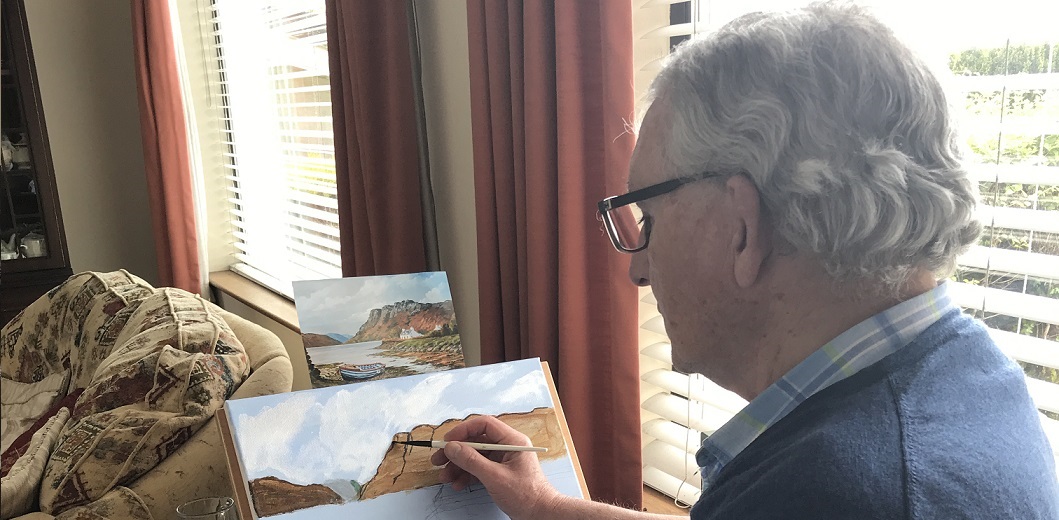At NCBI we want to support people with sight loss from diagnosis onwards, understanding their challenges and fears by educating the person on their eye condition, and providing assessment and interventions through our services.
We recognise and appreciate the difficulties that may often present in coping with sight loss and managing the various emotional responses that can arise. Anxiety, low mood, frustration, fear, anger and a sense of disempowerment are just some of the feelings expressed by those affected by sight loss.
We are here to support, listen, provide information, and help you to explore your emotions in a confidential, non-judgemental environment.
Your Community Resource Worker has been trained in delivering emotional support or you can seek additional support through our Counselling service. Your Community Resource Worker can discuss the various support options available with you or call 1800 911 250.
Other Wellbeing & Emotional Supports
You may also wish to talk with your Community Resource Worker about other means of emotional and social support, including peer support, special interest groups, wellbeing courses etc. which may be available in your area or online.
Counselling
Through our counselling service, we can address issues such as your reaction to your diagnosis, fears you may have if your sight is deteriorating, the future, change in your sense of identity, relationship difficulties and employment or education issues. Our counsellor will work with you collaboratively by offering a supportive and non-judgemental environment in which to explore these issues.
Our service is currently delivered over the telephone. This service allows you to speak to a professional from the comfort of your own home, without the need for travel and providing access to the service regardless of your location.

“With NCBI I got the emotional support I needed to help me accept and adapt. I can now see the upside of the situation and am grateful for my residual vision. The staff have always been so supportive and never patronising. They truly understand what it is like.”
Barry
NCBI’s Connection Network Programme
NCBI’s Connection Network Programme is a free, confidential, befriending and informative service for our service users who are in need of social contact through a weekly telephone call.
Staying connected during Covid19 to avoid isolation and loneliness was so important to our service users. We want to continue this in post Covid19 Ireland.
If you are an existing NCBI service user, please ask your Community Resource Worker for further details about this particular form of support. If you are unsure of who your CRW is, or are yet to register with NCBI, please call 1800 911 250 and one of our Info Line team can assist in making a referral for you to have an initial consultation regarding the range of services and supports we can provide.
Read our Connection Network blog
Volunteer’s Role
Volunteers on the Connection Network Programme will be required to make telephone calls from a list of service users who are either regularly engaged with NCBI or those who have received support from us in the past.
Training and support for volunteers will be provided throughout.
The duties of the volunteers will be:
- To be mindful of the general wellbeing of the person with sight loss, and to provide a friendly, listening, supportive experience during the call.
- To provide support and encouragement when needed through regular, friendly chats on the phone, giving individual attention to the person.
- To inform NCBI staff if further assistance is needed from NCBI services.
- To log calls using the online form provided.
- To attend training and adhere to the training guidelines.
- To attend peer review sessions as organised by the volunteer coordinator.
- Work as a member of a team with staff and other volunteers and participate in team meetings when required.
- To adhere to and respect the confidentiality of service user data.